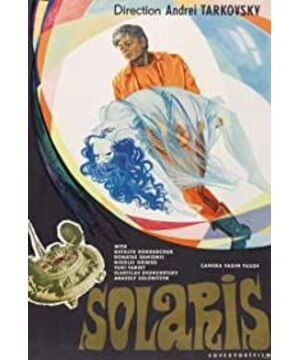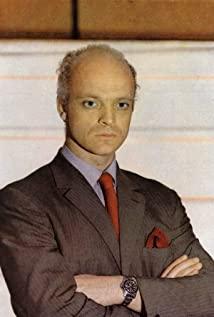The picture quality of 17GB, after reading and listening to teacher Dai Jinhua’s sharing: science fiction films that do not use any space spectacles, in the old tower, the ultimate of science fiction is philosophy. Regarding post-humanism: how to recognize people, the world, and the existence of inhumans? Fictionalized Solaris, pointing to the absurdity and limited understanding of anthropocentrism. Can human beings know everything with the help of reason? There are unreachable places in cognition, and there are unrecognizable energy in the universe. Terror comes from the abyss of human memory, and faces oneself with the return of memory. All the knowledge we recognize is based on anthropocentrism, and whether the final shots leave the space station is still in suspense. Color (objective, realistic, scientific) and black and white (long shots, montages, emotional world) shots are mixed. In the mixed shots, the protagonist begins to give up struggling and choose a world outside of human understanding. All shots no longer have a subjective and objective distinction, being tracked and stared by absent eyes, surreal and oppressive. The survivors cannot talk, because the task of the scientist itself is to explore, learn and explain, but this cannot enter the logic of rationalism, it is the inner anxiety and desire that cannot be detected, and the inexpressibility of language.
"The secrets of happiness, death, and love." Touching on multiple ultimate questions, Lao Ta can present philosophical thinking in a "seeing" way. There are still many things to be excavated, which will be revisited in the future.
View more about Solaris reviews











